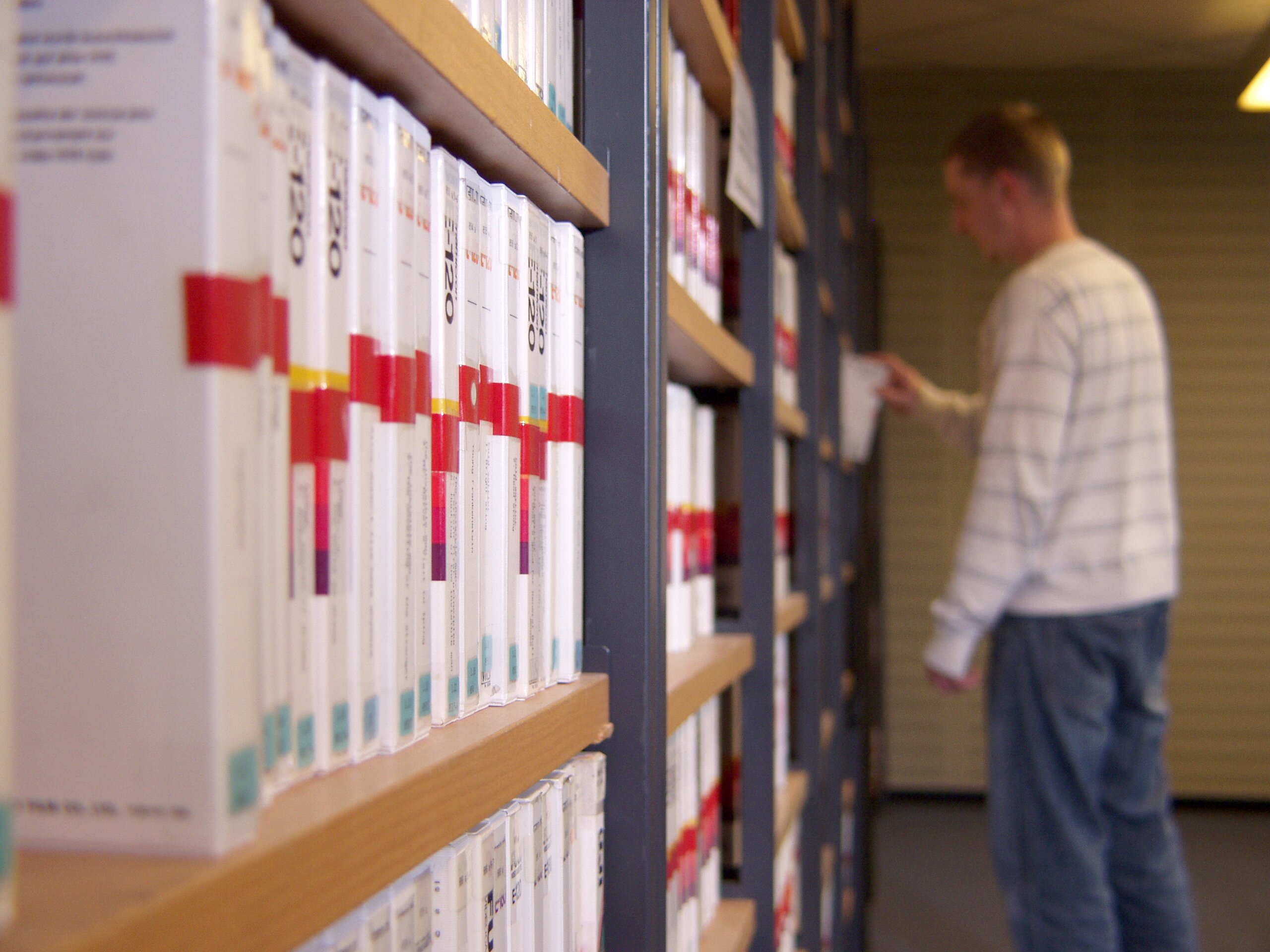The Implementation of EPOS, a Web-Based Learning-Platform for the ELC-ELP and other Validated ELP-Versions within a Tutorial Programme in Combination with Language Courses at the University of Bremen
Author(s): Bärbel Kühn, Astrid Buschmann-Göbels, Rüdiger FehseInstitution/Organisation: Fremdsprachenzentrum der Hochschulen im Lande Bremen (FZHB) (DE)
Summary
The case study presented here will focus on the tutorial program which was implemented in October 2007 at the FZHB to enhance plurilingualism and to encourage autonomous language learning. This program offers a systematic combination of language classes, autonomous language learning with EPOS, tutorial advisory service, expert advisory service, peer-learning and project-based learning.
The portfolio used on our platform is the ELP of the European Language Council , established in EPOS as a web-based language learning platform for students, teachers, tutors and other people involved in the program. EPOS was developed in Bremen as a common platform for language learning at schools, universities and further education. It hosts contains the descriptors of the ELC-ELP and offers the three parts of the ELP in pedagogically structured environments. Further on it hosts the descriptors of the validated ELP for primary and secondary I schools in Berlin, North Rhine-Westphalia, Hesse and Bremen (Bund-Länder-Kommission-Verbundprojekt)
EPOS has been used in language classes and within autonomous language learning in the Self-Access Centre-Centre of the FZHB for about 8 years.
New since winter-semester 2007/2008: The tutorial program. It is class-independent. Students can learn any language that is either offered at the FZHB or of which materials in electronic form or in book-form are available in the Self-access Centre (SLZ). In addition to that students can also register for languages we can offer a tandem partner for, with no other material at hand. In all these cases EPOS plays an important part as it is on the one hand provides the properties of the ELP and is on the other hand a communication and learning platform for learner and tutor. Thus it enhances the pedagogical function of the ELP. Its important tools: An online-language learning agreement and an online-learning journal. By agreement of the learner both are shared for the further development of the individual learning process as well as for discussions with peers or the tutor or with language teaching experts.


